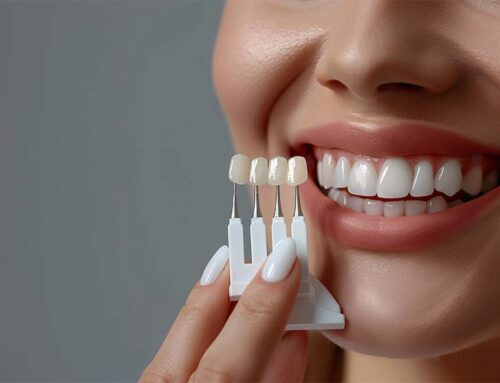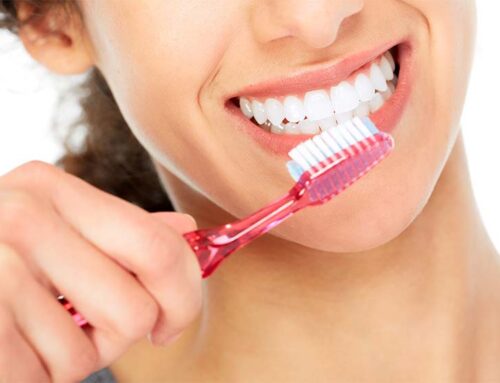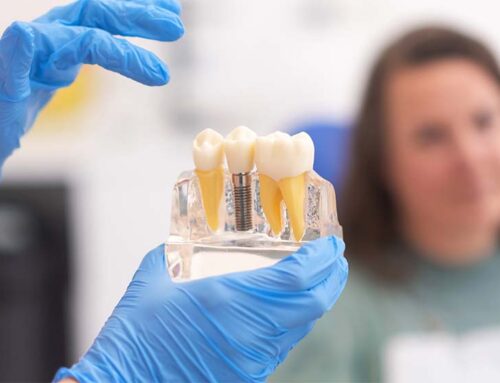Seasonal allergies, particularly hay fever during seasonal transitions, often make their presence known. These conditions affect millions of people, primarily impacting the nasal and oral areas, with indirect effects on oral health.
Seasonal allergies and hay fever can cause mucus, which fills the sinus cavities, to exert pressure on tooth roots, potentially leading to toothaches. This discomfort, a kind of side effect of allergies, typically subsides as the allergy itself diminishes.
Another issue that may arise is a decrease in saliva production. Nasal congestion makes breathing through the nose difficult, resulting in increased mouth breathing. Breathing through the mouth throughout the night can lead to dry mouth. Saliva is crucial in fighting bacteria and preventing tooth decay. Reduced saliva production can lead to bacterial growth, hence increasing the risk of cavities and gum disease. During this period, paying extra attention to oral hygiene is beneficial.
Reduced saliva production, or dry mouth, is a significant factor contributing to bad breath.
To combat dry mouth, it’s helpful to sip water throughout the day and chew sugar-free gum.
While this process may not severely damage your oral health, it’s advisable to take additional precautions against the prolonged effects of seasonal allergies and hay fever. Consult your dentist for advice. After recovering, scheduling a dental cleaning session can help remove any plaque buildup and ensure optimal oral hygiene.







Leave A Comment